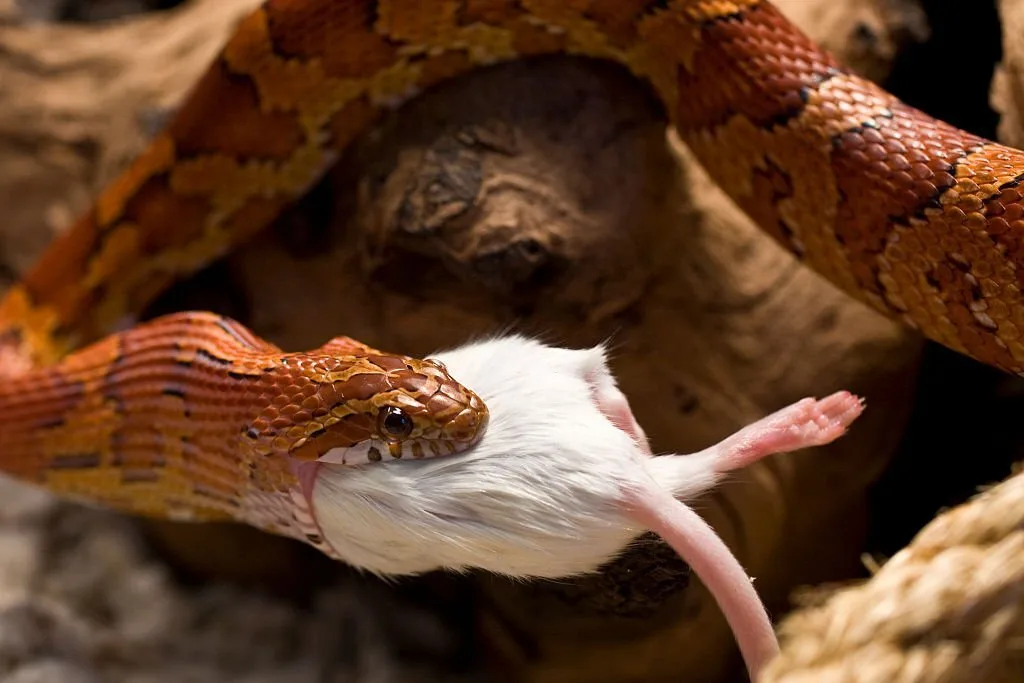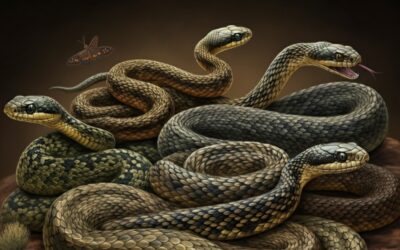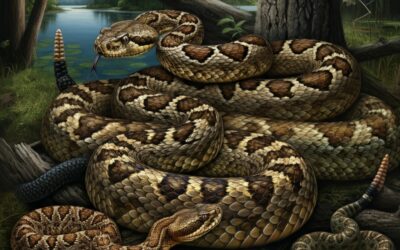Florida and Eastern Rat Snakes: Exploring Their Differences
Introduction

Overview of Florida and Eastern Rat Snakes
Overview of Florida and Eastern Rat Snakes

Differences Between Florida and Eastern Rat Snakes

Differences Between Florida and Eastern Rat Snakes


Habitat of Florida and Eastern Rat Snakes
Habitat of Florida and Eastern Rat Snakes

Diet of Florida and Eastern Rat Snakes

Diet of Florida and Eastern Rat Snakes


Behavior of Florida and Eastern Rat Snakes
Behavior of Florida and Eastern Rat Snakes

Interesting Facts about Florida and Eastern Rat Snakes

Interesting Facts about Florida and Eastern Rat Snakes


How to Identify a Florida or Eastern Rat Snake in the Wild
How to Identify a Florida or Eastern Rat Snake in the Wild

Conservation Efforts for Florida and Eastern Rat snakes
Conclusion
More From This Category
Snakes in Missouri – A Complete Guide to Identification and Safety
Introduction Missouri is home to a diverse range of snake species, making it a fascinating region for reptile enthusiasts and nature lovers alike. With 49 species and subspecies, snakes in Missouri can be found in forests, wetlands, grasslands, and even urban areas....
Snakes of Utah: A Comprehensive Guide to Harmless and Venomous Species
Utah is a haven for snake enthusiasts, thanks to its rich diversity of snake species that thrive in the state’s varied landscapes. From the arid deserts of the south to the lush forests of the north, these fascinating reptiles play crucial roles in their ecosystems....
Exploring the Hidden Dangers and Beauty of Poisonous Snakes in Wisconsin
Poisonous Snakes in Wisconsin, known for its picturesque landscapes and diverse wildlife, is also home to a fascinating array of snakes, including some venomous species. For outdoor enthusiasts, hikers, and local residents, understanding these creatures is crucial for...



